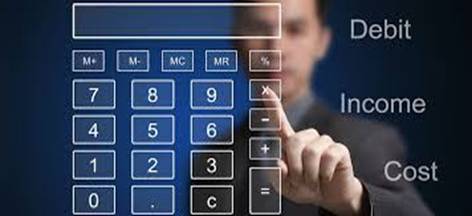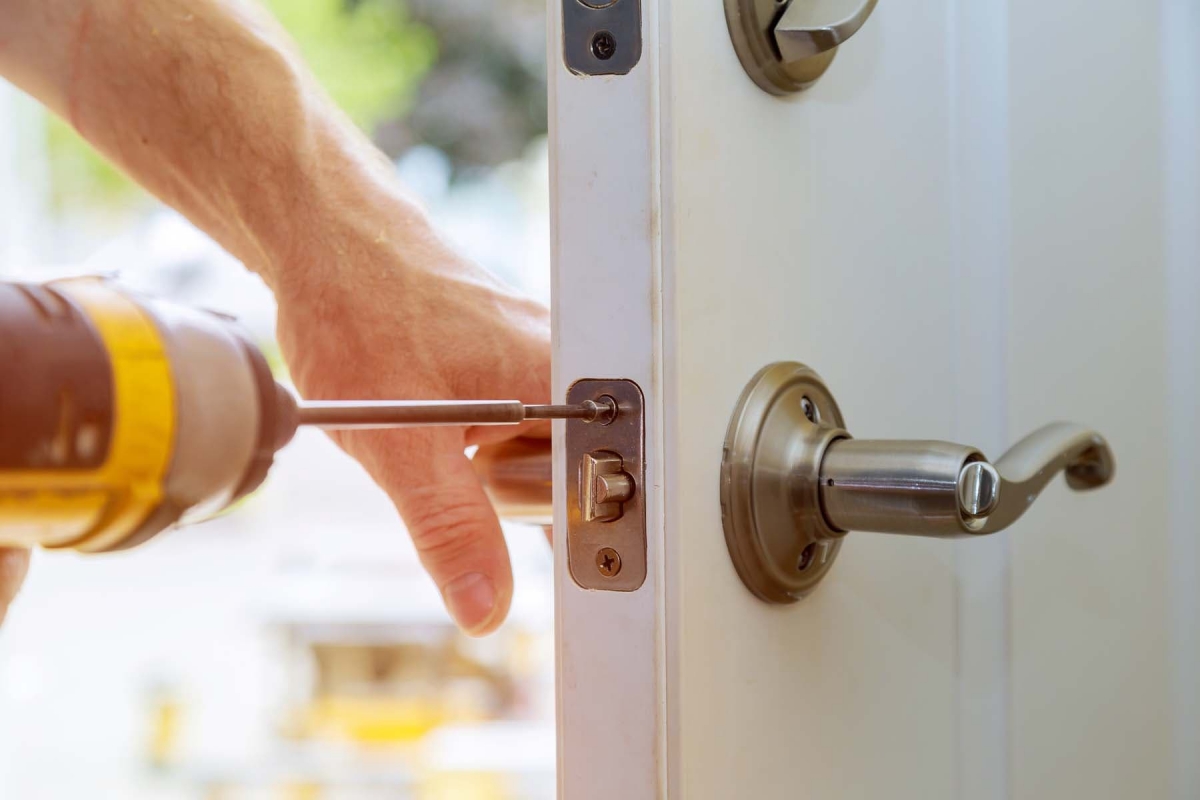It’s becoming more and more difficult for businesses to determine whether they should lease or buy. Once upon a time, a purchase meant an investment – you knew that you’d be getting your money back over the years. However, with depreciation, insurance costs, repair and upgrade costs, and other owner expenses, companies are starting to move en masse towards equipment leasing, not buying. So, is buying equipment still a valid option for companies? How much does leasing cost versus buying? Well, there’s no concrete answer to that question – although the numbers don’t change, the factors that depend on those numbers do. Depending on your equipment, whom you’re leasing from, and how often you use your equipment, you can come up with some drastically different calculations. However, there are a few ways you can determine whether it really is worth it to purchase equipment versus leasing it. Pull out your calculators, and let’s do the math.
Leasing versus Buying: Calculating Factors
First of all, there’s a ton of different factors when it comes to leasing and buying. There are about seven factors you need to take into account when purchasing equipment. These are, in no particular order: Price, Interest Rates, Down Payment, Other fees (i.e. at payment, such as title transfer fees, license fees, etc.), the Rate of Depreciation (big factor, pay close attention to this one), Sales tax, and loan amount. Now, most of these numbers will basically determine how much you’re going to get your car for, and what your loan payment will be. However, they can also help you when you try to figure out the net cost of buying. Yes, that’s right – you’re going to lose some money whether you’re making a purchase or you’re leasing – the question now is really, which way loses the most? With leasing, you also need to take into account your Residual percent (also your Security deposit, but let’s assume you get that amount back once you finish leasing).
Net Cost of Buying
A complicated process determines the net costs of leasing equipment versus just buying it. For buying, you’ll need to take your total loan payments, lost interest from buying (determined by both the difference between possible loan payment and possible monthly leasing costs and interest that could’ve been earned at your investment rate of return on the purchase’s down payment), your down payment, your ending/outstanding loan balance, and the market value after 24 months (included with the assumption that you sell the equipment after purchase); the last being subtracted from the other factors to minimize the net loss or cost of purchase. Once you have this number, you can compare it to the net cost of leasing.
Net Cost of Leasing
Calculating the net cost of leasing is a tad bit easier. You don’t have as many factors to consider, since you won’t have ownership of the equipment. To get the net cost of leasing, add up the total lease payments, lost interest on upfront costs (determined pretty much exactly the same as the lost interest for purchasing, only with your lease option’s payments and fees) and the other upfront costs.
Equipment Leasing versus Equipment Buying
Once you have the two totals, you can make a decision on which option is cheaper for you: leasing or buying. In a surprising number of cases, you actually lose more money purchasing equipment. For example, most high-tech equipment or business technology has extremely high depreciation rates, making it both impractical and expensive to buy. You also have to remember that none of these calculations included insurance payments or repair costs. Buying equipment can often result in the purchase of a liability – not an asset. If you are still unsure about the costs of equipment leasing versus equipment purchase, there are equipment leasing calculators online specifically created for determining the costs of leasing versus buying. They do all the math for you, all you need to do is enter the numbers. However, the only way to get a completely reliable number is to do the math yourself so you can take into account your company’s own personal needs. As depreciation rates (and inflation) continue to rise, you may find that equipment leasing is by far the best option.




